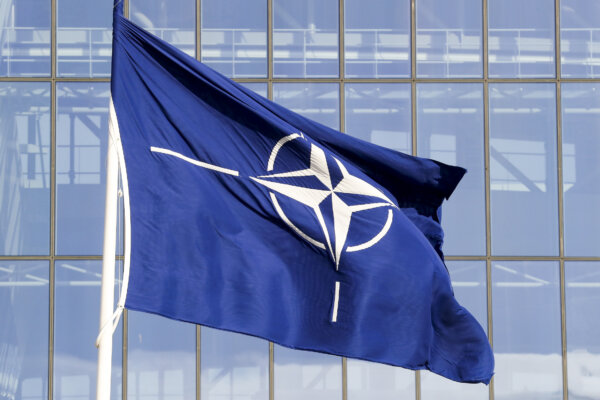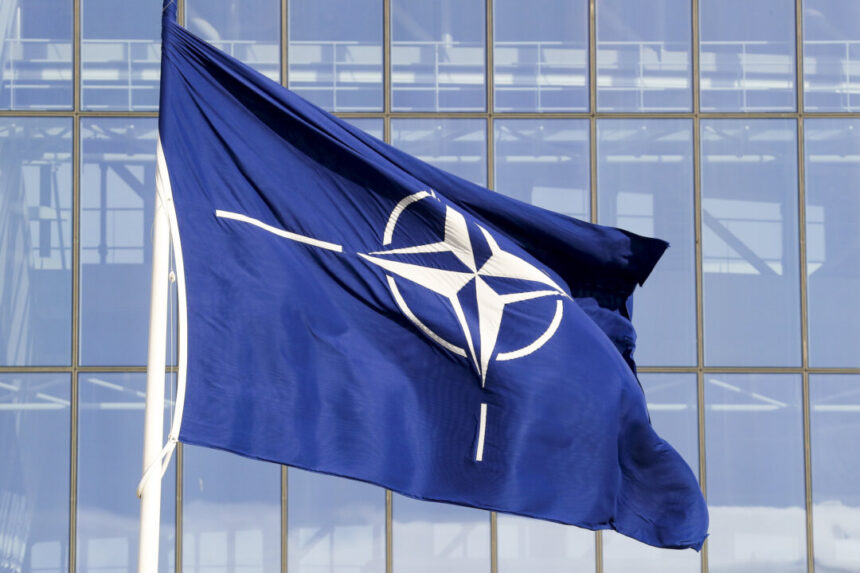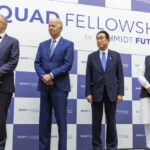
Commentary
NATO’s primary focus is on defending Europe rather than deterring China, but with the growing threat posed by communist China globally, it is essential for NATO to evolve its mission. China now represents the greatest threat to democracy and U.S. national interests around the world.
Following the end of World War II, Chinese and Russian communists exploited areas left undefended by U.S., British, and French forces, engaging in looting and violence. While NATO was originally established in 1949 to deter the former USSR from advancing further into Western Europe, Asia was left vulnerable.
During that time, neither the USSR nor its ally, China, possessed nuclear missiles capable of reaching Washington. However, as both countries have significantly expanded their military capabilities, including the development of hypersonic missiles designed to bypass U.S. defenses and target heavily fortified cities, NATO must reassess its approach and view communist China as a comparable threat to Russia. This adjustment may involve inviting countries like Japan, South Korea, and Taiwan to join NATO as full members, thereby transforming NATO into a global alliance.
It is more prudent to include NATO in U.S. defense strategies against China, given China’s superior military strength compared to Russia. While Russia possesses more nuclear weapons, its overall capabilities pale in comparison to China’s economic, industrial, and military power. Despite the ongoing conflict in Ukraine, Russia has not yet resorted to nuclear warfare as threatened by Vladimir Putin. The emphasis has largely been on conventional forces thus far.
However, Beijing could potentially escalate tensions with Moscow, prompting nuclear threats, while also supplying dual-use military equipment to Russia. With a substantially larger economy, industrial base, and military strength than Russia, as well as a strategic avoidance of direct conflicts with the U.S. and its allies, China emerges as a more formidable adversary. The CCP’s calculated actions position China as a potential global hegemon, outmaneuvering us and posing a significant threat to democratic values.
The risk lies in the depletion of resources through involvement in various conflicts, from Vietnam to Afghanistan, Iraq, Ukraine, and Israel. While these conflicts have enhanced military expertise, they have also strained resources and escalated federal debt to unsustainable levels.
To counter this trend, a proactive approach is needed to strengthen global alliances. NATO, as the strongest alliance for the U.S., presents a viable option for expanding its reach. In the face of aggression, peace can only be maintained through robust alliances and a commitment to deterrence.
Views expressed in this article are opinions of the author and do not necessarily reflect the views of The Epoch Times.





